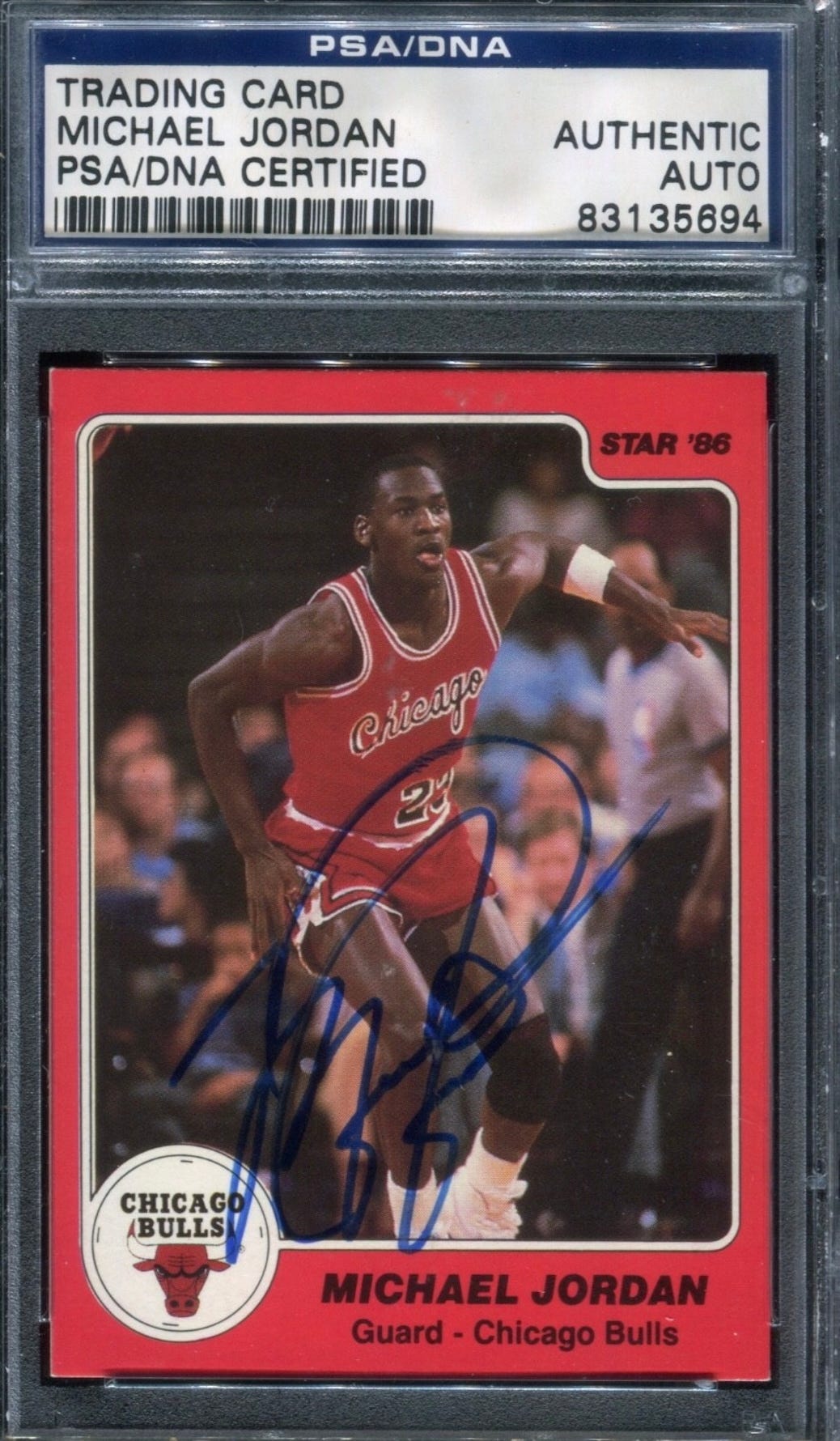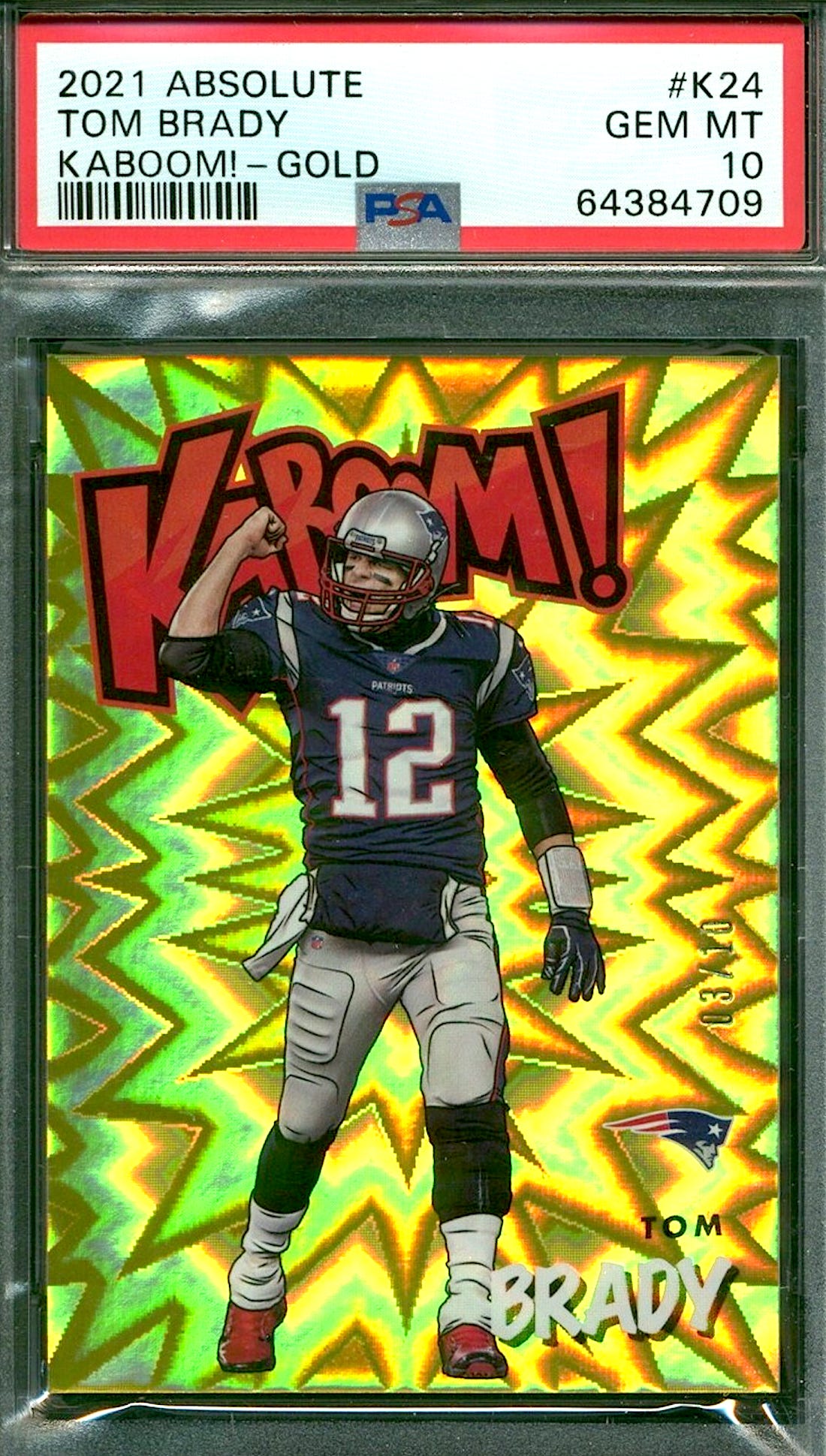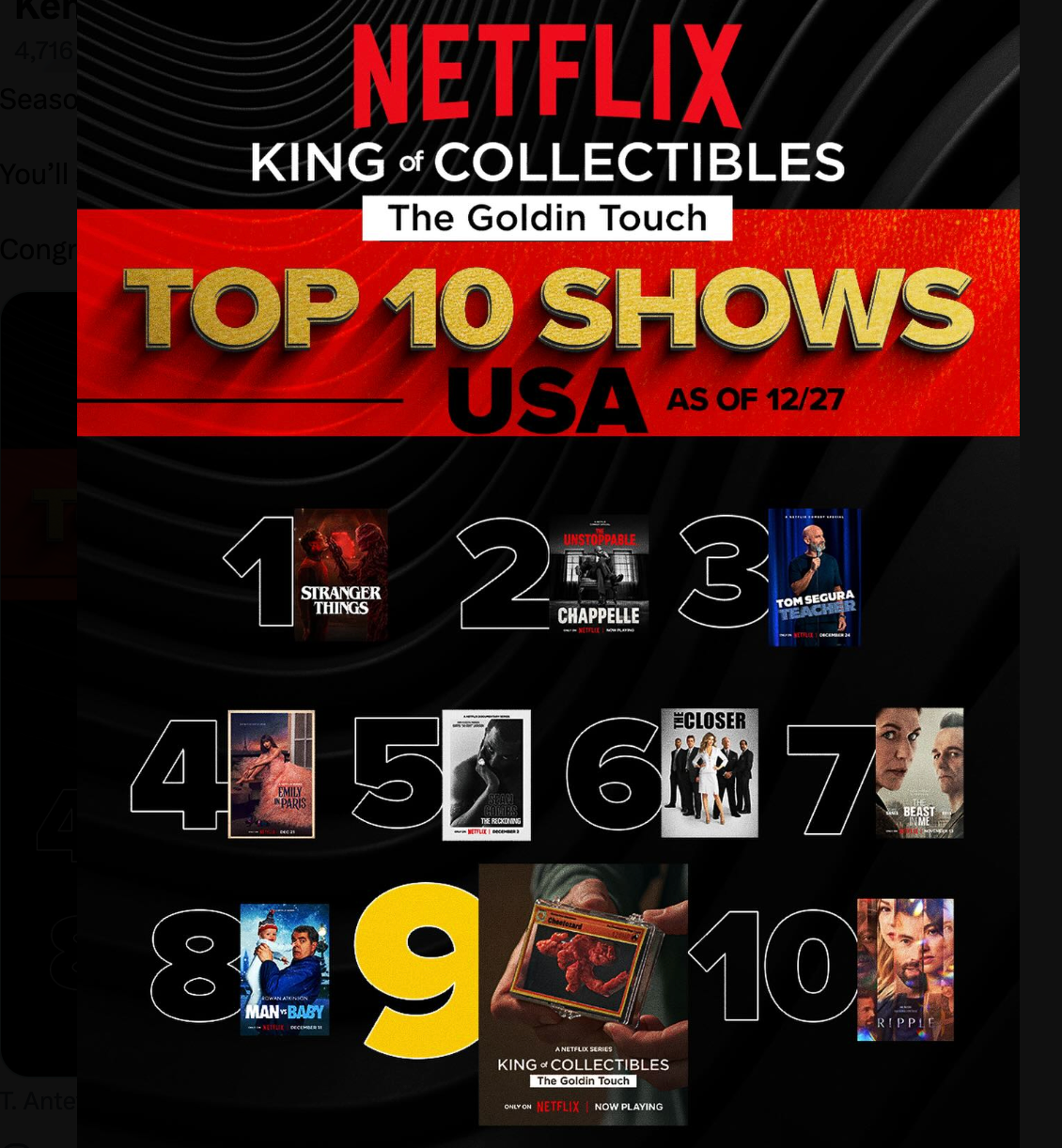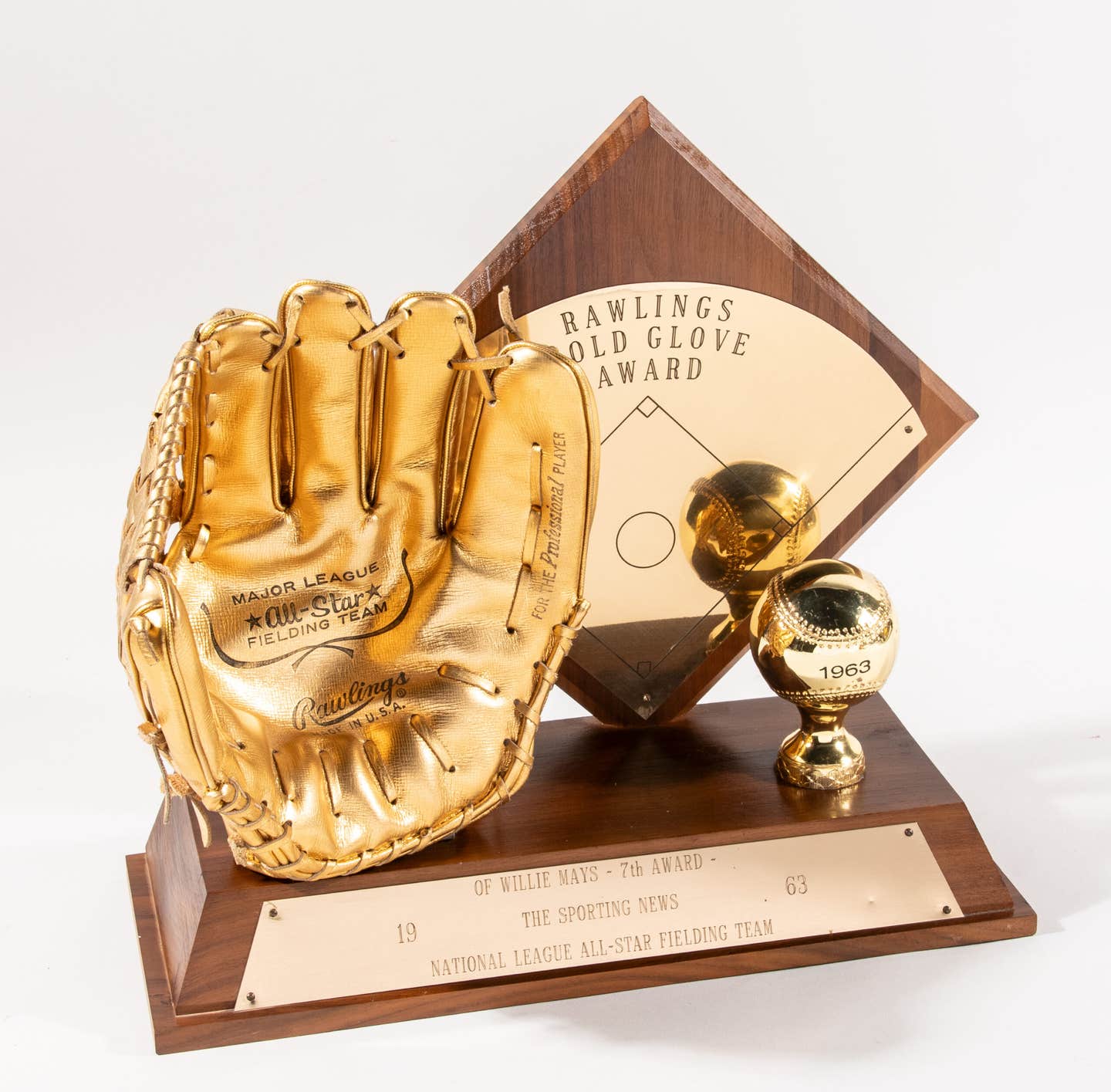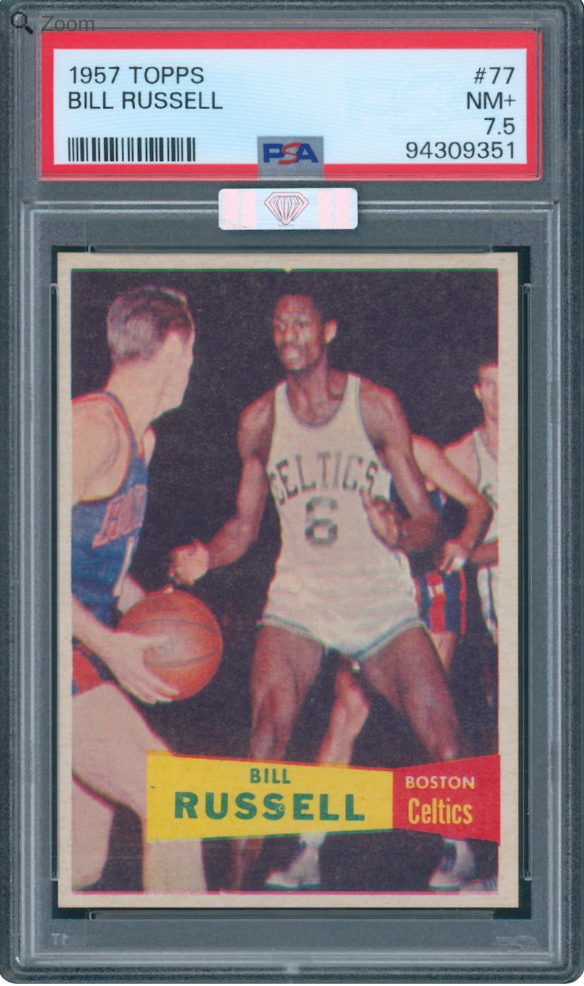Auctions
Heffner eases his Lelands.com commute … finally
Our hobby has always been about travel. Its roots trace back to the 1960s when intrepid souls would jump in their cars and traverse hundreds and even thousands of miles for the privilege of encamping at a hotel room at a Holiday Inn to welcome eager collectors to turn over their treasures in exchange for cash.
That was our roots, altered only marginally as the hobby took off in the 1970s and 1980s when the traveling expanded almost exponentially, with dealers touring the country to offer their wares at ever-expanding “shows,” and eager collectors flocking to attend.
While shows remain a major force in the 21st century, the dawn of the Internet Age has changed the landscape quite a bit, at least for collectors, anyway. While dealers still traipse around the country, the new “Kings of the Road” are the auction guys.
At Lelands.com, chasing around the U.S. in pursuit of the next collection has always been a big part of the equation, but for company president Mike Heffner, just getting to work every day has also meant a good deal of road time, as well.
For nearly two decades, the man with a degree in criminal justice and an invitation to the police academy has been at the forefront of one of the major players in the auction world. For much of that time, Lelands had offices in Manhattan and later on in Long Island, but Heffner lived in Allentown, Pa. Though he ultimately got an apartment on Long Island, for many years he would commute as much as six to eight hours a day or more from his home in Allentown.
That seems incredible, but not without explanation.
“That’s how much I love this stuff,” the 38-year-old Heffner told me in an interview at the Seaford, N.Y., offices. “This is a great thing that we do, to be able to make a living doing something we love.”
Such a great thing, in fact, that his friends still ask him how they can break into the business. Always willing to offer encouragement, he can’t necessarily point to his own path as being the prototype, but it worked wonders for a 17-year-old kid from a working-class family in the gritty steel towns of Eastern Pennsylvania.
A fateful meeting with Joshua Leland Evans
While still in high school, Heffner was a collector even then, and he picked up an assortment of about 300 T206 White Borders at a flea market in Allentown. The teenager bought the cards for $300, and promptly flipped them to Josh Evans for $3,000.
There’s no actual historical record of anybody proclaiming at the time that “This could be the beginning of a beautiful friendship,” but, with apologies to Boggie, that’s precisely what happened.
The $3,000 was a nice jolt for the college fund; Heffner graduated from Kutztown University with a degree in criminal justice. In that span from 1987-91, he had also earned a significant role with Evans’ prominent Lelands Auction house, running ads for his mentor in Sports Collectors Digest while Evans traveled throughout the country in search of material.
After Evans moved Lelands’ headquarters to New York City in 1990, Heffner was headed to the police academy and a career in law enforcement when Josh offered him a full-time job. “I asked him what I would be doing, and he said, ‘Everything.’
“Within two years, we realized I should be in acquisitions, because I knew the material.” Nearly two decades later, that apt description of his contributions still holds, but the learning process has been ongoing.
“I’m still learning to this day,” Heffner continued. At the arrival of the new millennium, Evans took additional note of his talents, making a 25 percent partner out of Heffner in 2000. That would jump to 50 percent five years later.
Evans’ generosity nicely conforms to Heffner’s overall commitment to the business and his expertise within the memorabilia community. It also takes into account the extraordinary work ethic that has been there since the beginning. For eight years, Heffner commuted from Allentown to lower Manhattan; later that commute would expand a bit when the headquarters moved to Long Island.
Like so many veterans in the hobby, Heffner is a collector himself, but he sold much of it several years ago to buy some land near his home. But the bug is the bug.
“I kept my pin collection and my Pete Rose collection,” Heffner related.
There was nothing sheepish about that latter admission, despite its coming at a time when sticking up for the beleaguered Rose was far from fashionable.
“I know Pete personally, and I respect Pete the ballplayer. Loyalty is a big part of me and Josh, and it works both ways.”
That adherence to a code that places loyalty so prominently has long been a big part of the success of the auction company. It has also given rise to a hallmark of the Lelands.com program that stresses the contribution of in-house expertise rather than simply relying on the third-party sanction from without.
“I pride myself on my instincts,” he continued. “They are God given. A lot of people get into this hobby, this industry, and they have good intentions, but they don’t have the instincts for autographs or game-worn memorabilia.
“And I think it’s more instinct than learning. Some people have them, and some people don’t.”
It reminded me of something billiards great Irving Crane told me 30 years ago when I asked him about the relative roles of hard work and practice vs. a God-given natural ability. Nobody practiced more or exuded self-discipline to any greater degree than Crane, but he also never lost sight of the other factor. “People forget that I ran 88 balls when I was 11 years old,” said the Billiards Congress of America Hall of Famer. “The natural ability was there.”
Heffner’s natural ability is different, but no less impressive. “I pride myself at being able to look at most autographs and being able to tell with 95 percent certainty with the first glance if it is good or not.”
That ability, combined with similar talents from Evans, who is one of the true pioneers in the auction business, and Lelands.com executives Scott Gaynor (COO) and Keith Vari (VP/Director of Acquisitions), has allowed the firm to tackle the thorny question of authentication from a different direction than what much of the rest of the industry has done over the last decade.
“We respect a lot of the authenticators, but we use Lelands.com experts Josh, myself, Keith and Scott, all of the guys here, to authenticate our material,” Heffner continued.
He concedes that might reflect a bit of stubbornness on their part, but in truth, he would rather attribute it to a sense of loyalty to the customer. There’s that word again.
“It’s loyalty to our clients, because we think if we are selling the material, we should know about it.” It also may be a bit ironic, since the sports auction world at large has seemingly taken a more pronounced turn in that direction over the last couple of years.
“A lot of people entering this business don’t know anything about the material. I don’t despise it, but I don’t like it.”
Just the fact that he came up with the word “despise” makes me wonder if maybe the stronger choice would be his preference, but I didn’t bother to push.
He called it crucial to the survival of the hobby that people educate themselves about the material, especially those selling it.
“I think the grading companies and authentication firms have done good things for the hobby, but they also have tended to make people be a little bit lazy and not do their homework.”
He didn’t actually say it, but you get the feeling he probably despises those tendencies, too.
T.S. O’Connell is the editor of SCD. Reach him by e-mail at: thomas.o’connell@fwpubs.com; or (715) 445-2214, ext. 243.



